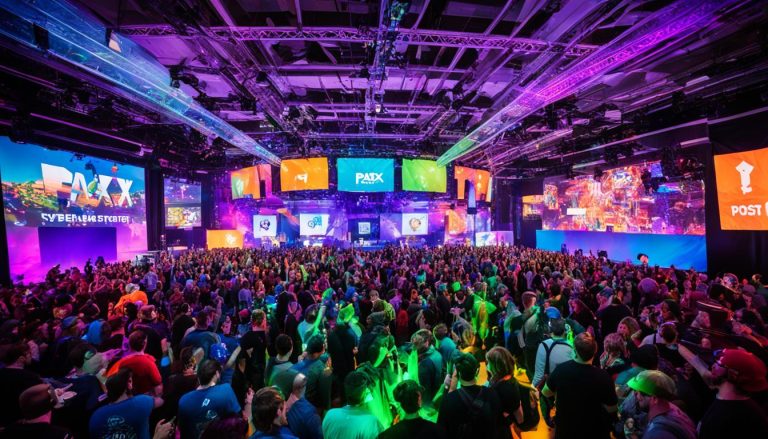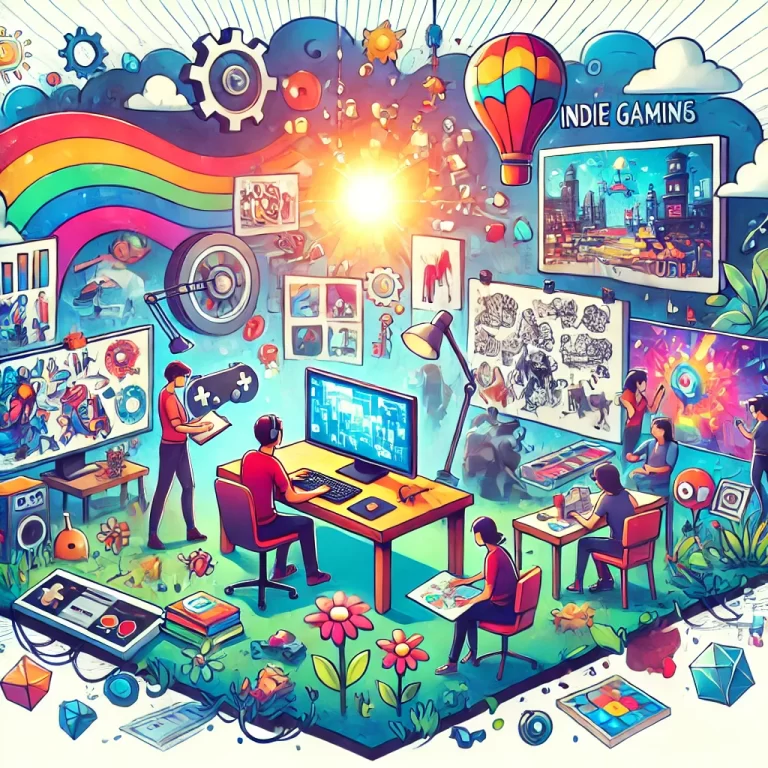Roulette has experienced a major transformation since the integration of the game into the digital world. Originally a game of chance that brought glitz and glamour to physical casinos, roulette has now made its way online, reaching a broader audience than ever before. This evolution has significantly impacted players’ perceptions of the game, altering how they experience and engage with it. While the internet has made roulette accessible to everyone, the changing environment comes with both positive and negative aspects. As technology advances, the future of roulette seems promising, with endless possibilities for further transformation.
Key Changes in Roulette Evolution
| Aspect | Traditional Roulette | Online Roulette |
| Accessibility | Limited to physical casino locations | Available anytime, anywhere via the internet |
| Social Interaction | In-person social environment | Live dealer options and online chat |
| Game Variations | European and American versions in casinos | Multiple variations accessible online |
| Player Convenience | Requires visiting a casino | Playable from home or on the go |
| Technological Integration | Mechanical wheels and physical bets | Digital platforms with immersive graphics |
The Evolution of Roulette
The incorporation of technology has not only made roulette available to a wider audience but also transitioned it from classic physical roulette wheels in casinos to a fully digital experience featuring advanced immersive gameplay. Modern technological elements have introduced new dimensions to the game, such as enhanced visuals and live dealer options, creating a more engaging experience for players.
This transformation has also influenced the way people interact with the game. Expanding the audience and increasing roulette’s popularity has been much easier thanks to the rise of online gaming. Players can now experience the thrill of roulette without stepping into a casino, making the game more accessible and convenient for everyone. But it’s still one of the most exciting best online roulette game
The Historical Background of Roulette
Roulette has a rich history, dating back to 17th-century France, and has fascinated gamblers for centuries. The game’s name comes from the French word for “little wheel,” and it quickly gained popularity, especially in lavish 19th-century Monte Carlo casinos. Interestingly, legend has it that François Blanc, one of the pioneers of Monte Carlo’s casino industry, made a deal with the devil to learn the secrets of the roulette wheel. This myth stems from the fact that if you add up all the numbers on a roulette wheel (from 0 to 36), the total is 666, often referred to as the “number of the beast.” This classic game, often associated with wealth and opulence, became accessible to all as it spread across the globe, evolving into multiple versions such as American and European roulette.
Roulette has always been considered a game of luck, and this air of unpredictability has contributed to its appeal. It has historically drawn both serious gamblers and casual players looking for an exciting yet simple game. Over time, roulette’s association with wealth has lessened, and today it is enjoyed by a diverse range of people, largely thanks to the accessibility offered by online platforms.
The Growth of the Online Gaming Industry
The growth of the online gambling industry has transformed the way players interact with roulette. Online casinos have allowed people to play their favorite games from anywhere at any time, giving players the flexibility that traditional casinos lack. The mobile gaming industry, in particular, has played a significant role in popularizing roulette, as users can now enjoy the game on the go.
With advancements in technology, online roulette games now offer players the choice of playing with a live dealer to recreate the social aspect of the game or playing alone for a more solitary experience. This duality has changed how players perceive roulette, as they can now enjoy the game in a manner that suits their preferences.
Changes in Attitudes and Perceptions of Online Roulette
Online roulette has redefined players’ perceptions of the game. Convenience, accessibility, and the ability to play from the comfort of one’s home have made it an appealing choice for many. The advent of live dealer options has also helped bridge the gap between online and physical casinos, offering players an experience that closely resembles the excitement of traditional roulette.
Trust in online gaming platforms has grown over the years, largely due to improvements in security and payment methods. Features such as encryption and secure transactions have helped players feel more comfortable gambling online, leading to a rise in the number of online roulette enthusiasts from various age groups and backgrounds.
Advantages and Disadvantages of Playing Online Roulette
While online roulette has numerous advantages, it also comes with certain drawbacks. The main benefits include the ability to play at any time and place, as well as the inclusion of new mechanics and features that enhance gameplay. The availability of multiple variations of roulette, such as American and European, also ensures that players can find a version that suits their preferences.
Advantages of Online Roulette:
- Convenience: Play anytime, anywhere without visiting a physical casino.
- Game Variety: Multiple versions of roulette available, including live dealer games.
- Bonuses and Promotions: Online platforms offer bonuses that enhance the gaming experience.
Disadvantages of Online Roulette:
- Security Concerns: Reliability and security vary across platforms, which can affect player trust.
- Addiction Risks: Easy access can lead to gambling addiction if not managed responsibly.
- Withdrawal Delays: Some platforms may have slow payout processes.
The Path Forward for Online Roulette
Roulette and online gaming have come a long way, and the future looks promising. The development of intelligent interfaces, virtual and augmented reality, and improved online security measures are expected to make online roulette even more immersive and enjoyable.
Forecasts for the gambling industry suggest a shift towards greater personalization and enhanced gaming experiences. The use of big data analytics allows operators to understand player behavior and preferences, leading to tailored offers and more engaging gameplay. Additionally, artificial intelligence is expected to play a key role in creating more sophisticated gaming systems that cater to individual needs.
The integration of virtual and augmented reality is also likely to enhance the way players experience roulette, creating a more immersive environment that mimics the excitement of being in a real casino. Furthermore, there is an increased emphasis on responsible gambling and player protection, which will help build trust and encourage more people to explore online platforms.
The journey of roulette from the glitz and glamour of physical casinos to the boundless digital universe has been nothing short of extraordinary. What started as an exclusive pastime for the lucky few has transformed into an experience that anyone, anywhere, can enjoy. Roulette has seamlessly adapted to changing player preferences and embraced technological advancements, striking a beautiful balance between convenience, thrill, and strategy.
As technology continues to advance, the future of roulette is incredibly exciting. We are standing on the edge of new heights for this iconic game, with the promise of even more immersive, personalized experiences. Whether you’re a newcomer feeling the thrill of the spin for the first time or a seasoned pro with your own strategies, the future of roulette is bright, filled with countless opportunities and electrifying moments. Get ready to spin, because the best is yet to come.







